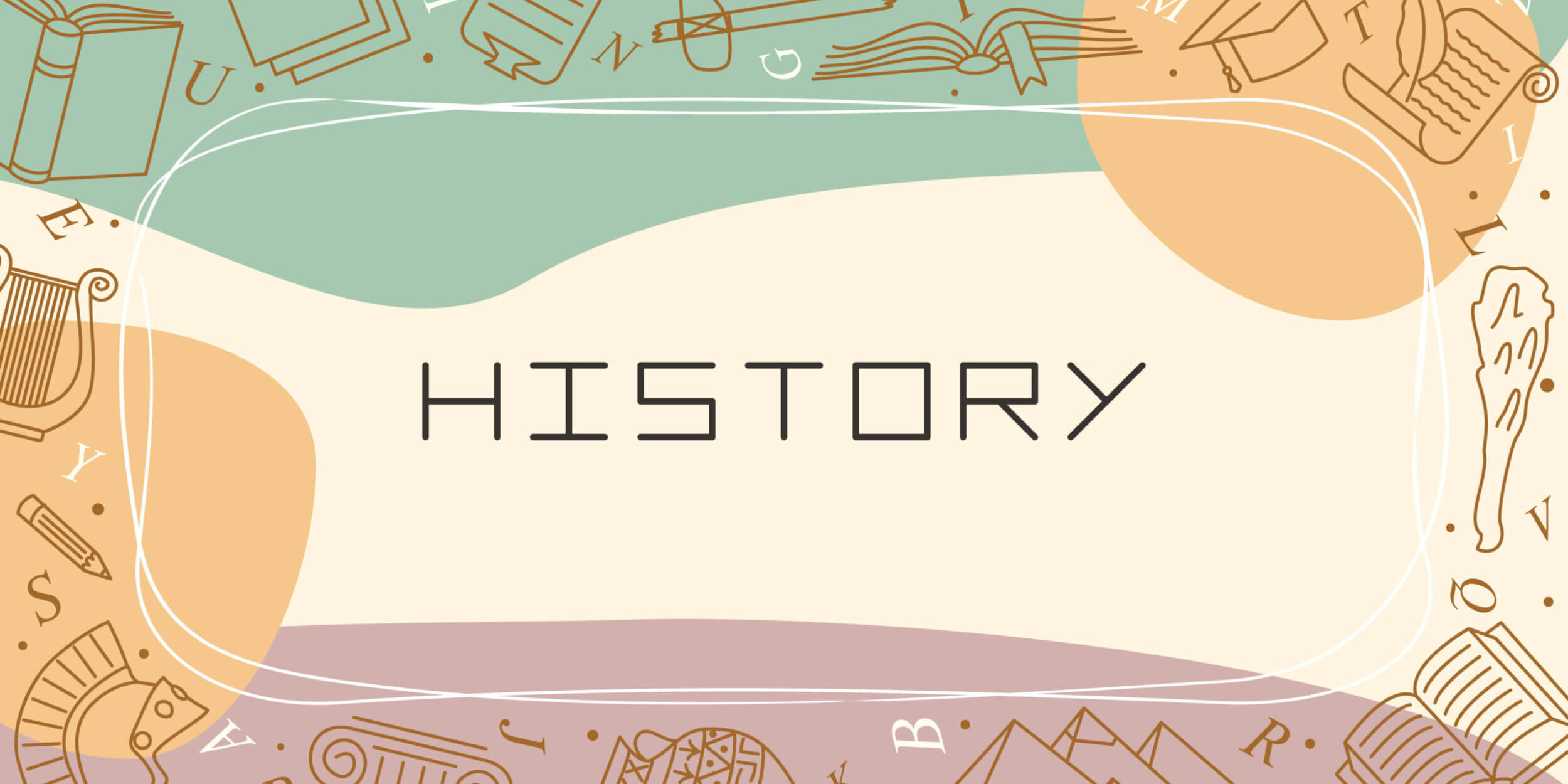A week ago, I read a fascinating obituary on Daniel Smith. Smith was one of the few remaining children of enslaved Americans. Born in 1932, he was raised hearing stories from his father, who was enslaved in Virginia. As a young boy, he would overhear his father telling his siblings about the horrors of slavery. As recently as 2009, scholar Sana Butler was able to track down about 40 children of enslaved people. She notes in the Washington Post article: “You talk about the transatlantic slave trade, you talk about Reconstruction, and people really think that it’s history,” something that happened in the distant past and has little relevance today. Smith is a reminder of just how relevant the past is today, because as the article notes, “it’s still [present] within these families’ lives.” Smith recalled his father crying as he shared horrific moments of lynchings, whippings, and mutilations he had witnessed. It’s important for young people to understand just how brutal slavery was and the level of violence that kept Black Americans in bondage.
Smith’s own life was equally noteworthy. In an interview, he said, “A friend of mine calls me the Black Forrest Gump.” He served as a medic during the Korean War. In 1955, the journalist John Hershey profiled Smith after he rescued a truck driver from the flooding after Hurricane Diane. He also saved a white woman who had drowned and appeared dead. He gave her mouth-to-mouth resuscitation until a white police officer ordered him to stop. Smith noted, “This remains the most racist incident I have ever experienced in my life. To this day, telling this story brings tears to my eyes. To think that someone would rather have anyone die rather than have her white lips touch my Black mouth. Incomprehensible.”
Smith was also on the front lines of the Civil Rights movement. He would later meet Archbishop Desmond Tutu during the fight against Apartheid. Later in life, he volunteered at the National Cathedral as an usher and would seat presidents like Bill Clinton and George W. Bush. He was present at President Barack Obama’s inauguration. When asked about the progress our nation has made, he noted the great progress but had concerns given the insurrection on January 6, 2021. In an interview with The Economist, Smith claimed his father would have been positive—despite the suffering he had endured: “We could never talk negatively about America in front of my father. He did not have much, but he really, really loved America. Isn’t that funny?”
It’s rare to have the chance to connect with someone who is a living history lesson. As a history teacher, I know the best lessons come from those who can bring the past into our present, who can actually talk about it because they lived it. I encourage you to learn more about Daniel Smith, the son of a slave who walked alongside our nation’s leaders.
